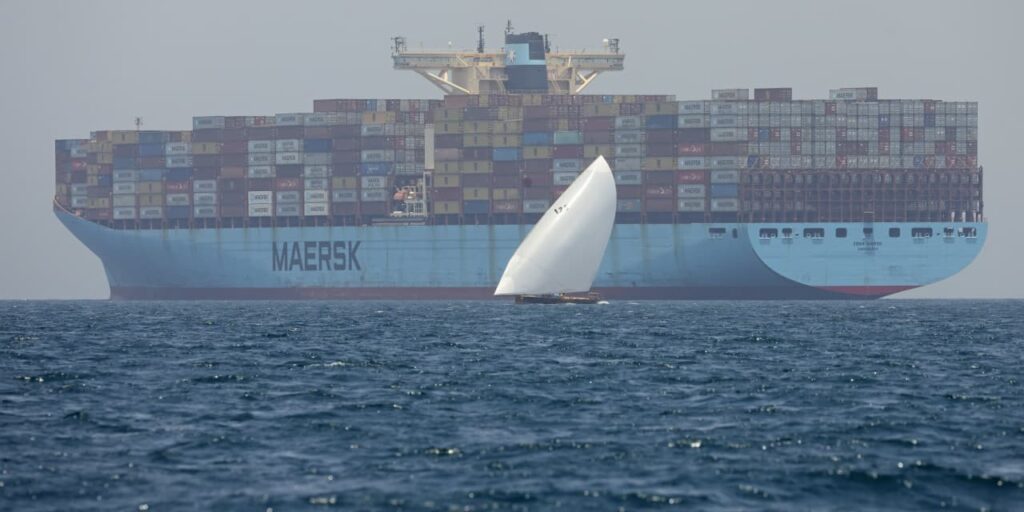Oil futures fell Wednesday as traders continued to look past shipping disruptions in the Red Sea and the threat of a wider war in the Middle East to focus on the outlook for demand and rising production outside of the Organization of the Petroleum Exporting Countries.
Price action
-
West Texas Intermediate crude for February delivery
CL00,
CL.1,
CLG24,
fell 28 cents, or 0.4%, to $70.10 a barrel on the New York Mercantile Exchange. -
March Brent crude
BRN00,
+0.21% BRNH24,
+0.21% ,
the global benchmark, was off 15 cents, or 0.2%, at $75.74 a barrel on ICE Futures Europe.
Market drivers
Brent and WTI both ended Tuesday at their lowest since Dec. 13, failing to hold on to sharp, early gains that came in reaction to Iran’s decision to dispatch a warship to the Red Sea after the U.S. military over the weekend sank three boats operated by Iran-backed Houthi rebels. The boats had attacked a Maersk-operated cargo ship.
The Danish shipping giant
MAERSK.A,
MAERSK.B,
later Tuesday said it would indefinitely suspend shipments through the Red Sea.
The Houthis have carried out numerous drone and missile attacks on shipping in the Red Sea since the start of the Israel-Hamas war in October, but oil traders have largely brushed off the potential threat to transportation through the crucial waterway. Analysts have warned, however, that potential flashpoints could lead to a broader conflict directly involving Iran.
See: These 3 flashpoints could spark a wider Middle East war that markets can’t ignore
Oil prices have been capped by a surprisingly sharp rise in oil supply outside OPEC+, particularly from the U.S., where production is running at a record pace of more than 13 million barrels a day, and a slowdown in demand momentum in the fourth quarter, said Barbara Lambrecht, commodity analyst at Commerzbank, in a note.
The situation in the Red Sea, however, has increased the risk of supply disruptions, which allowed prices to bounce somewhat in the second half of December, Lambrecht said
“Some shipping companies are now avoiding the affected strait and are instead taking the much longer route around the Cape of Good Hope, which not only extends delivery times by 10-12 days, but also increases transportation and insurance costs,” she wrote.
An intensifying conflict “could result in further restrictions on this important seaborne oil trade route to the West and thus lead to a rising oil price,” she said.
Read the full article here

